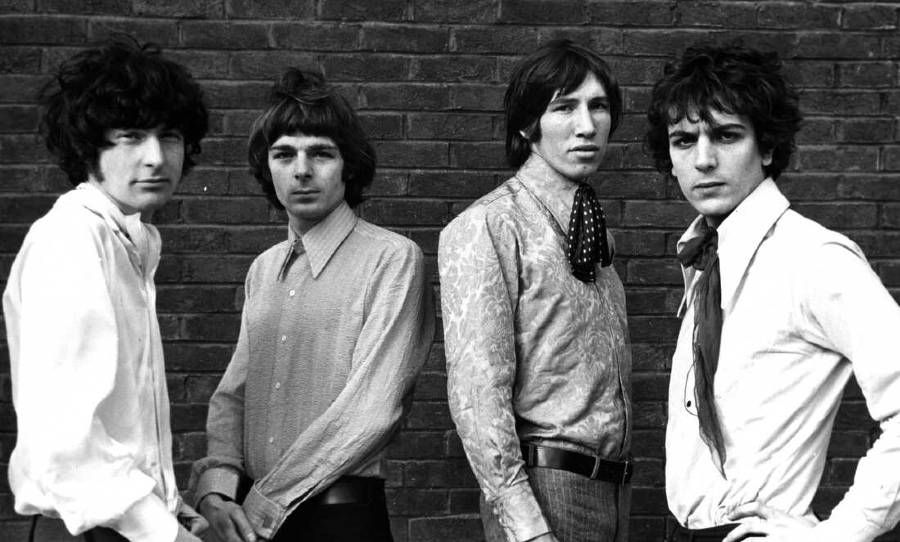Pink Floyd, The Rolling Stones and The Beatles have all done it, but what exactly is the so-called ‘copyright dump’?
Yesterday (December 20), Pink Floyd quietly released 18 live concerts from their Dark Side of the Moon era to streaming services, in what was described as a so-called ‘copyright dump’. The legendary band’s surprise release adds to an ever-increasing pattern of artists who’ve discreetly re-released older projects as means of extending their ownership rights over their decades-spanning discographies.
According to Variety, Pink Floyd’s release of the live concerts, which largely took place in 1972, is due to a vaguely defined European Union law, which requires artists to re-release recordings before they become 50 years old, or risk losing the rights to them. If an artist fails to renew their ownership by re-releasing a project before its 50th birthday, the recordings enter the public domain and can therefore be released by anyone without accrediting the original owners.

The format in which musicians renew their ownership can vary. Pink Floyd retained their copyright by releasing their Dark Side of The Moon tracklist as a series of live concerts, shared on both YouTube and Spotify. Meanwhile, Bob Dylan went so far as titling his re-releases the Copyright Collections, which was sold as a box set and featured a slew of tracks nearing the 50-year cap off in 2012.
For their part, The Beatles shared bootleg versions of 59 of their tracks to Apple Music, as a means of renewing their ownership in 2013. In what was perhaps the biggest ‘copyright dump’ of all, The Rolling Stones earlier this year used YouTube as their avenue of re-release, sharing 75 varying versions of their soon-to-be expired tracks. A throughline across all these examples is both the temporary nature of the re-releases (Rolling Stones only shared their catalogue for 24 hours) and the timing of the ‘dump’, which usually occurs just days ahead of the copyright expiration.

Promotion of the dumps is usually minimal, given that they encompass less-perfected versions of already-released music. Once ‘dumped’, musicians’ copyright ownership is renewed and extended for an additional 50 years. It’s a somewhat archaic copyright law that could spell re-releases for a slew of legendary artists in 2023, with albums by the likes of Aerosmith, Elton John, Led Zepplin and David Bowie all due to turn 50 next year.
In any case, the likelihood of an artist losing the rights to their music beyond the 50-year cap off remains low, with Variety explaining that most musicians could lobby for copyright renewal without having to re-release the expiring songs. The resulting ‘dump’ remains the safest bet, however, and also promises music fans a different taste of their decades-old favourites, which is nothing to complain about after all.



